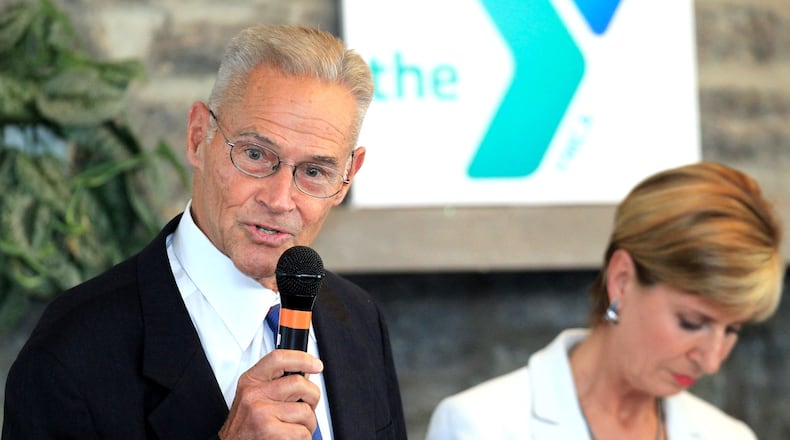I recently learned that Wright State University plans to terminate up to 113 faculty positions, including as many as 49 positions in the College of Liberal Arts, by far the most in any college. It seems the university and the region have arrived at in inflection point in their connected histories. In what follows I share perspectives as a history major and business executive in hopes that my friends in Raider Country will find them useful as they make consequential decisions concerning the institution’s future.
I entered college thinking I would probably major in math or the sciences. My freshman year convinced me otherwise. I took a course on the history of the American West, nicknamed “Cowboys and Indians.” Even more important than its fascinating subject matter was that the course was taught by a history professor who introduced me to the complexities and continuities of the past, and the sobering and often inspirational lessons history teaches, particularly through the lives of individuals, the choices they made, the values they embodied, the risks they took, the challenges they sometimes overcame — all of this making it clear that progress is possible but not inevitable.
Paraphrasing former Yale President and MLB Commissioner Bart Giamatti, I love history because I have come to see that without a knowledge of the past — its realities and causative relationships –— we cannot hope to construct an action agenda able to lead us to a better future.
History teaches that individuals make things happen, and that achieving big wins requires wisdom, good judgment, courage and persistence. History teaches that when faced with evil, good people must stand up for the good, otherwise we’re going to be in trouble.
The study of history helped me develop a deep respect for different societies and cultures. This recognition fired my determination at Procter & Gamble to respect regional and national differences as the company operated globally.
Concerning the challenges currently facing Wright State University, the following observations seem particularly relevant. Thanks to the study of history, I recognized that great accomplishments and change are never achieved without setbacks and the wisdom to make course corrections in one’s original strategy. This realization was of enormous help to me as I thought about how to pursue some of the biggest challenges of my career, including the development of Procter & Gamble’s business in Russia and China.
History also teaches that if great institutions are to survive and grow, they must achieve a balance between preserving the core values that enabled past success, while being able to evolve and adapt to changing circumstances. The study of history prepares students to understand and to meet the challenges of a complex and evolving world.
History majors learn that the future is uncertain and unpredictable, including their future professional and life trajectory. As an undergraduate, I could not have known that the study of the history of slavery in America would prepare me for leading (decades later and totally unpredictably) the development of the National Underground Railroad Freedom Center in Cincinnati. I agreed to undertake this work because both history and my professional experiences had taught me the power that comes from people of different backgrounds and experiences working together.
Today, Wright State history majors are making important professional contributions in diverse fields, drawing attention to the transformative power of a liberal arts education at the institution and beyond. You can find them working at the FBI in counterintelligence and counterterrorism, helping to preserve the nation’s freedom; in law firms around the country, upholding the rule of law; at the Library of Congress, the research arm of Congress; as public historians, helping to preserve the nation’s history; and perhaps most important, in schools and museums, helping to educate our children and secure the nation’s future. Naturally, all this merely scratches the surface of what history majors contribute to the region, our nation and the world.
“What is past is prologue,” a famous English playwright wrote several centuries ago. The quotation is engraved on the monument “Future,” located on the northeast corner of the National Archives Building in Washington, DC. Understanding the place of the history major in the university’s past, and the value of a liberal arts education in today’s global economy, may very well be the key to unlocking the institution’s future success.
John Pepper is the former CEO and chairman of P&G, former chairman of the Board of The Walt Disney Corp., and former CEO of the National Underground Railroad Freedom Center.
About the Author
